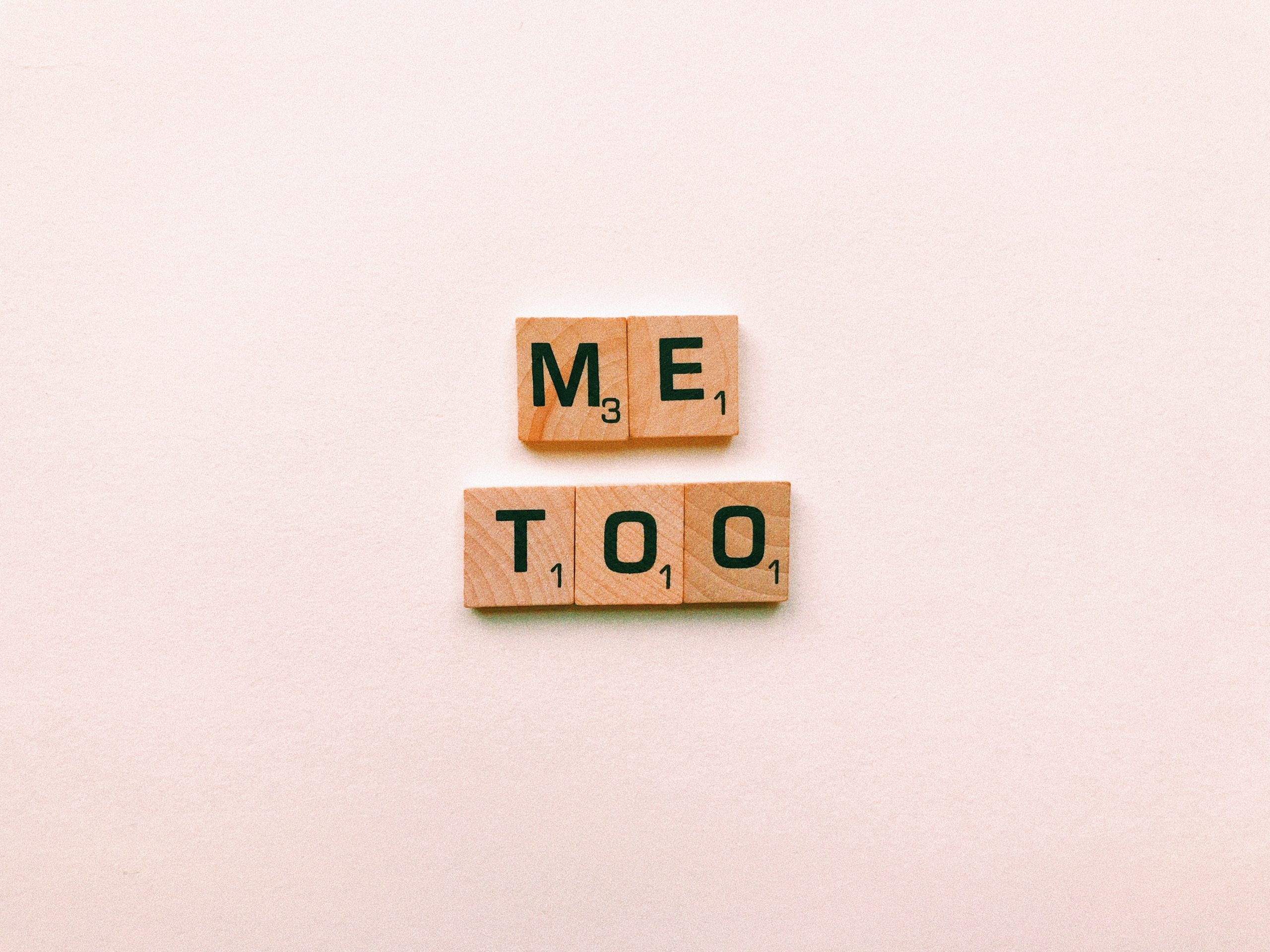Content warning: this article contains mentions of rape and child sexual assault.
France may be a country known for its casual, open attitudes towards sex and sexuality, but at what point does this go too far? Although the #MeToo movement was cataclysmic in the US and the UK in opening up conversations on consent, sexual power dynamics and sexual harassment, the movement has yet to permeate France in the same way. Rather, it produced a backlash of sorts, with many French feminists criticising the movement for being ‘puritanical’ and ‘dictatorial’, and an attack on French sexual freedom and liberty. But is this simply a question of culture? Or does this backlash reveal a somewhat reactionary, outdated attitude couched in feminist language?
It’s clear that the French have a much more open, casual attitude to sex than we do here in the UK. However, sexual liberation doesn’t always equate to more gender equality. Some even argue that the sexual liberation movement of the 1970s – though it was portrayed as a revolutionary movement fighting for equality – tended to focus more on male sexual pleasure and freedom, with women’s voices and pleasure very rarely being centred.
Even today, this culture of sexual freedom and liberty does seem to be reserved for men. What we in the UK might see as unwanted advances at best, and sexual harassment at worst, the French see as harmless attempts at seduction, a hallmark of sexual freedom embedded deep within their culture. In 2018, 100 prominent French women, including famous actress Catherine Deneuve, signed an open letter denouncing the #MeToo movement: “Rape is a crime, but trying to seduce someone, even awkwardly, is not. Nor is being gallant a macho aggression.” Despite expressing support for women coming forward with their stories of rape and sexual assault, they decried the policing of all sexual interactions, arguing that men were being intimidated and punished “for touching a knee, trying to steal a kiss, talking about ‘intimate’ things in a professional dinner or for having sent messages with a sexual connotation to a woman who didn’t reciprocate his affections.”
What’s clear from this letter is that men’s right to ‘seduce’ women is prioritised above all. Though the letter attracted criticisms for airing the concerns of only an elite, privileged group of older women, these attitudes can still be found across all kinds of demographics in France. During a work placement on my year abroad, a male colleague consistently and repeatedly made advances towards me, despite me saying no numerous times. When I told my boss about it, she (a young woman in her late 20s) wrote it off as ‘awkwardness’, telling me that he was just lonely and didn’t really know how to talk to women. Even after reporting the incidents to our manager, action was only taken when the man started harassing someone else. I heard many similar stories from friends who’d experienced a similar kind of attitude when reporting sexual harassment that would surely not be tolerated in the UK. Though these actions may seem small and insignificant to some, brushing them off as ‘awkwardness’ is insulting to the women subjected to it, and contributes to a culture which prioritises men’s libido over a woman’s right to say no.
If such small gestures of sexual harassment are brushed under the carpet, where do we draw the line? Allowing these kinds of actions creates an environment where men feel safe in the knowledge that they can abuse their power, and get away with it. For example, in 1977, Hollywood director Roman Polanski fled to France from the US to avoid imprisonment after pleading guilty to raping a thirteen-year-old girl. Not only has France refused to extradite him, and given him refuge for the past forty years, but just last week, Polanski was awarded ‘Best Director’ at the César Awards, the French equivalent of the Oscars. His win prompted multiple women to walk out of the ceremony, with Portrait of a Lady on Fire actress Adèle Haenel shouting angrily, “Bravo the paedophile!” on her way out. If men at the highest levels of society can commit rape and still win awards, what does this say about women’s rights in French society?
Ananya Sriram
Image: Pexels.

